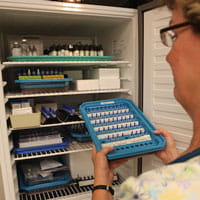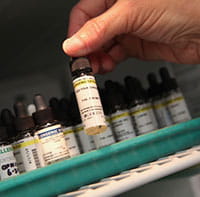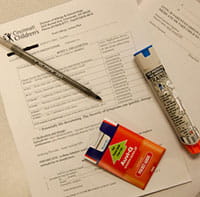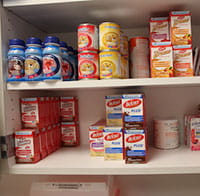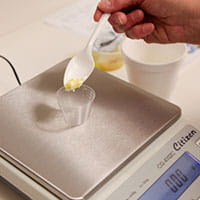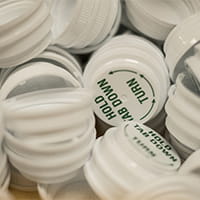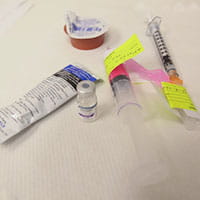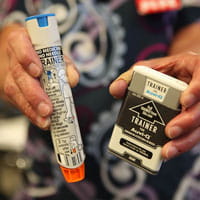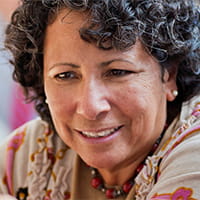Food Allergy Testing
Finding the appropriate care is one of the most important steps when your child is diagnosed with a food allergy. The Food Allergy Program is led by Amal H. Assa'ad, MD, Director of Clinical Services, Division of Allergy and Immunology. Dr. Assa’ad is recognized internationally for her expertise in the care of patients with food allergies. Our team consists of physicians, nurses, dieticians and other team members experienced in the care of patients with food allergies. The goal of the Food Allergy Program is to improve the lives of patients with food allergies and their family members by providing expert care, innovative treatments and cutting-edge research. Patients in the Food Allergy Program are seen through the Allergy Clinic and Oral Immunotherapy Clinic.
